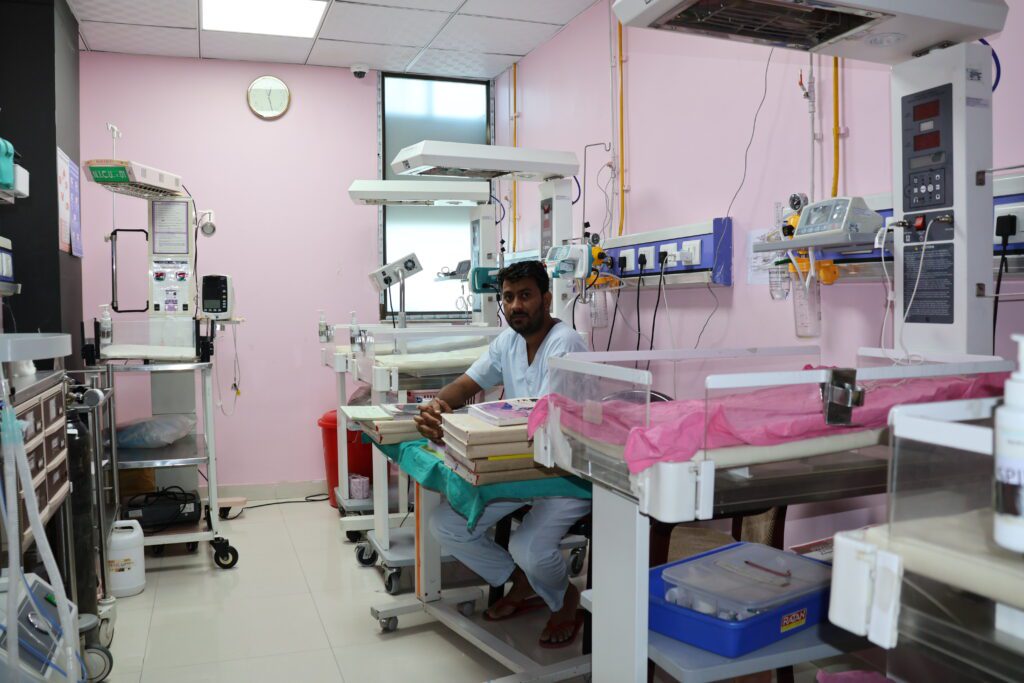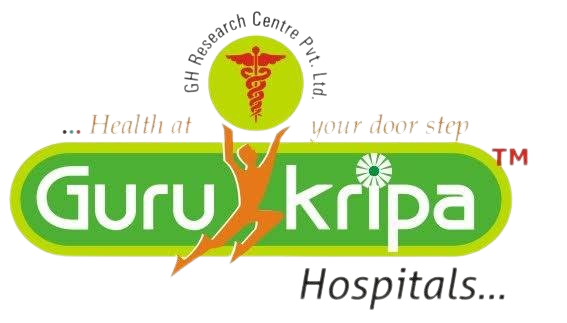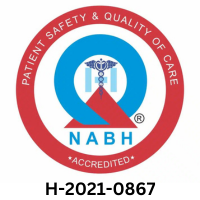
The NICU can be an overwhelming place. You may see lots of machines, small babies in incubators, hospital staff, and other parents—it’s a lot to process, especially while worrying about your own baby’s condition and having to make challenging and important decisions. Find resources and support here to help you understand and navigate your baby’s NICU journey.
The NICU is a nursery in a hospital that provides around-the-clock care to sick or preterm babies. It has health care providers who have special training and equipment to give your baby the best possible care. Gurukripa Hospitals provides Best NICU in Sikar.
Best Neonatologist in Sikar
Learn about the levels of medical care that NICUs provide and what level your baby needs. Find out what equipment they may need and what you can do to be involved in their care. You can feed your baby and use kangaroo care to get close to them, even in the NICU.
Most babies admitted to the NICU are preterm (born before 37 weeks of pregnancy), have low birth weight (less than 5.5 pounds), or have a health condition that needs special care. In the India, nearly half a million babies are born preterm. Many of these babies also have low birth weights. Twins, triplets, and other multiples often are admitted to the NICU. This is because they tend to be born earlier and smaller than single birth babies. Babies with health conditions such as breathing trouble, heart problems, infections, or birth defects are also cared for in the NICU.
Below are some factors that can place a baby at high risk and increase the chances of being admitted to the NICU. But each baby must be assessed to see if he or she needs the NICU. High-risk factors include the below.
Maternal factors include:
- Being younger than age 16 or older than age 40
- Drug or alcohol use
- Diabetes
- High blood pressure (hypertension)
- Bleeding
- Sexually transmitted diseases
- Multiple pregnancy (twins, triplets, or more)
- Too little or too much amniotic fluid
- Premature rupture of membranes (also called the amniotic sac or bag of waters)


